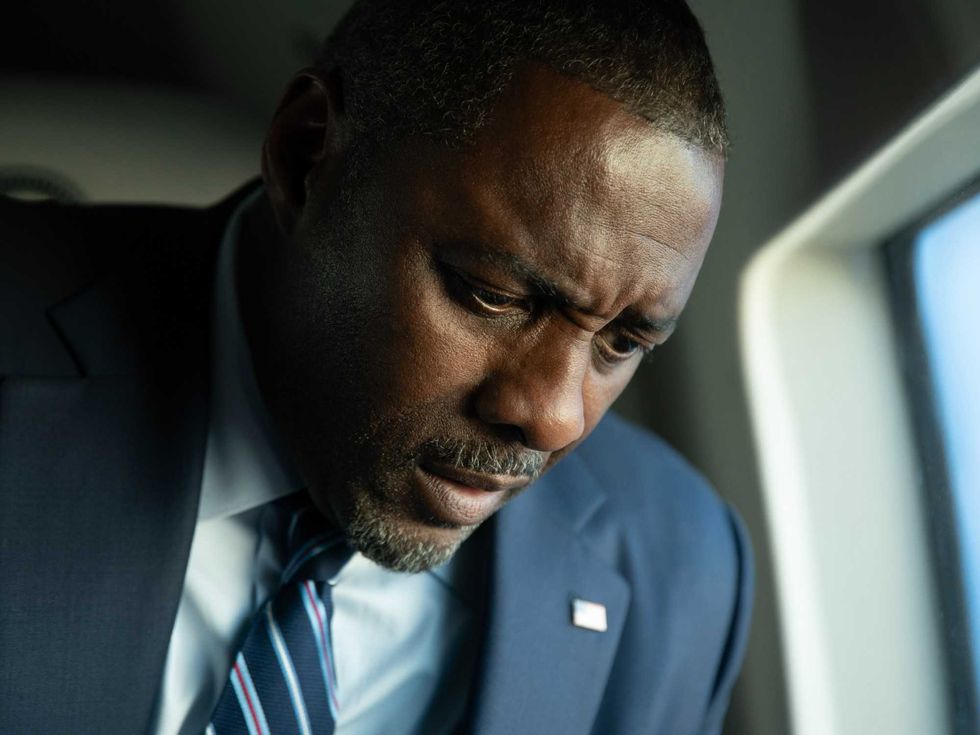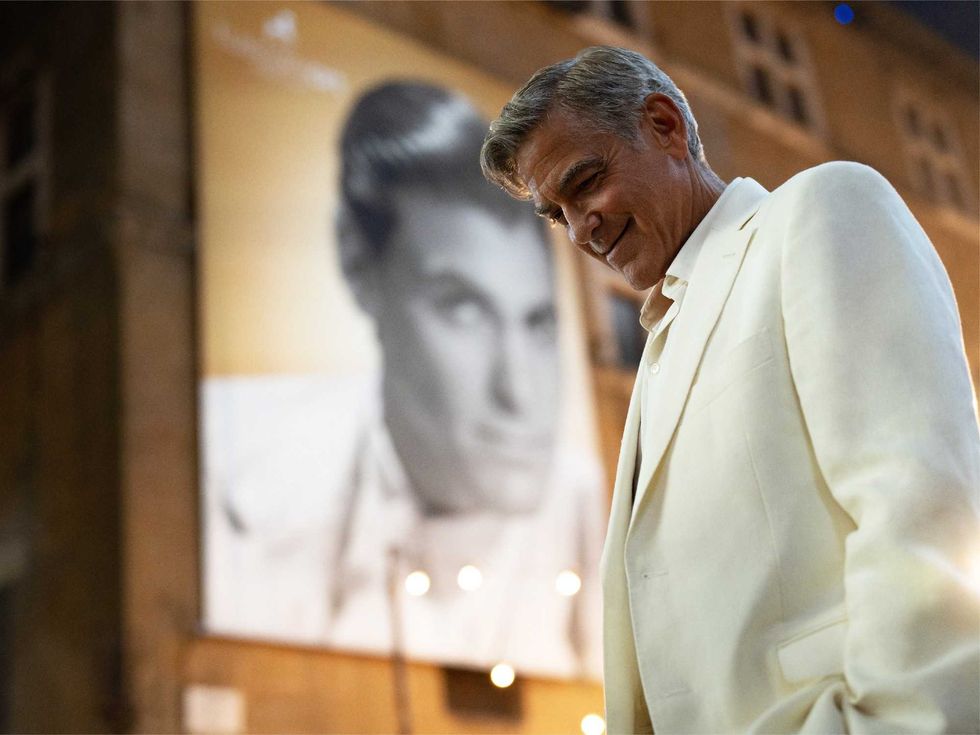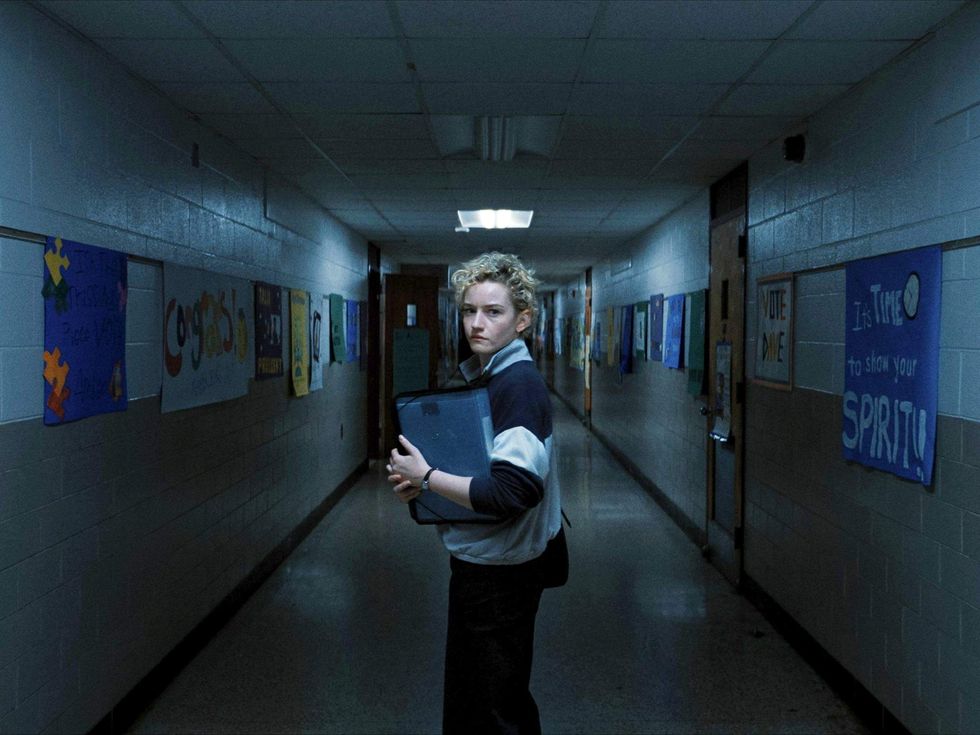Corin Redgrave, a member of Britain's famous theatrical family and an associate artist at the Alley Theatre, died today. He was 70.
Redgrave, the brother of Vanessa and Lynn Redgrave, thrilled Alley audiences in the world premiere production of Tennessee Williams’ Not About Nightingales during the 1997-98 season. Redgrave also appeared at the Alley in the title role in Julius Caesar, which he also directed in repertory with Antony & Cleopatra. In both productions he worked opposite Vanessa.
“Corin Redgrave was one of the great theatre-artists — a superb actor and director and an inspiring figure to everyone at the Alley. Our collaborations with Corin stretched from Shakespeare to Wilde to Tennessee Williams to contemporary plays and he always found the current truth and an exciting theatricality in everything we worked on," Alley artistic director Gregory Boyd said in a statement.
Boyd said the Alley had been in talks with Redgrave to return to Houston to perform in a new work based on the life and writings of Oscar Wilde. "He sounded excited to be working again after his recent illnesses and very happy to be contemplating coming back to Houston. We shall all miss him very much.”
Redgrave had been diagnosed with prostate cancer in 2000 and suffered a heart attack in 2005, but continued performing. His wife, Kika Markham, said he fell ill at home on Sunday and died very peacefully surrounded by his family today.
His death came just over a year after Natasha Richardson, Corin's niece and Vanessa's daughter, died after a skiing accident in Canada.











